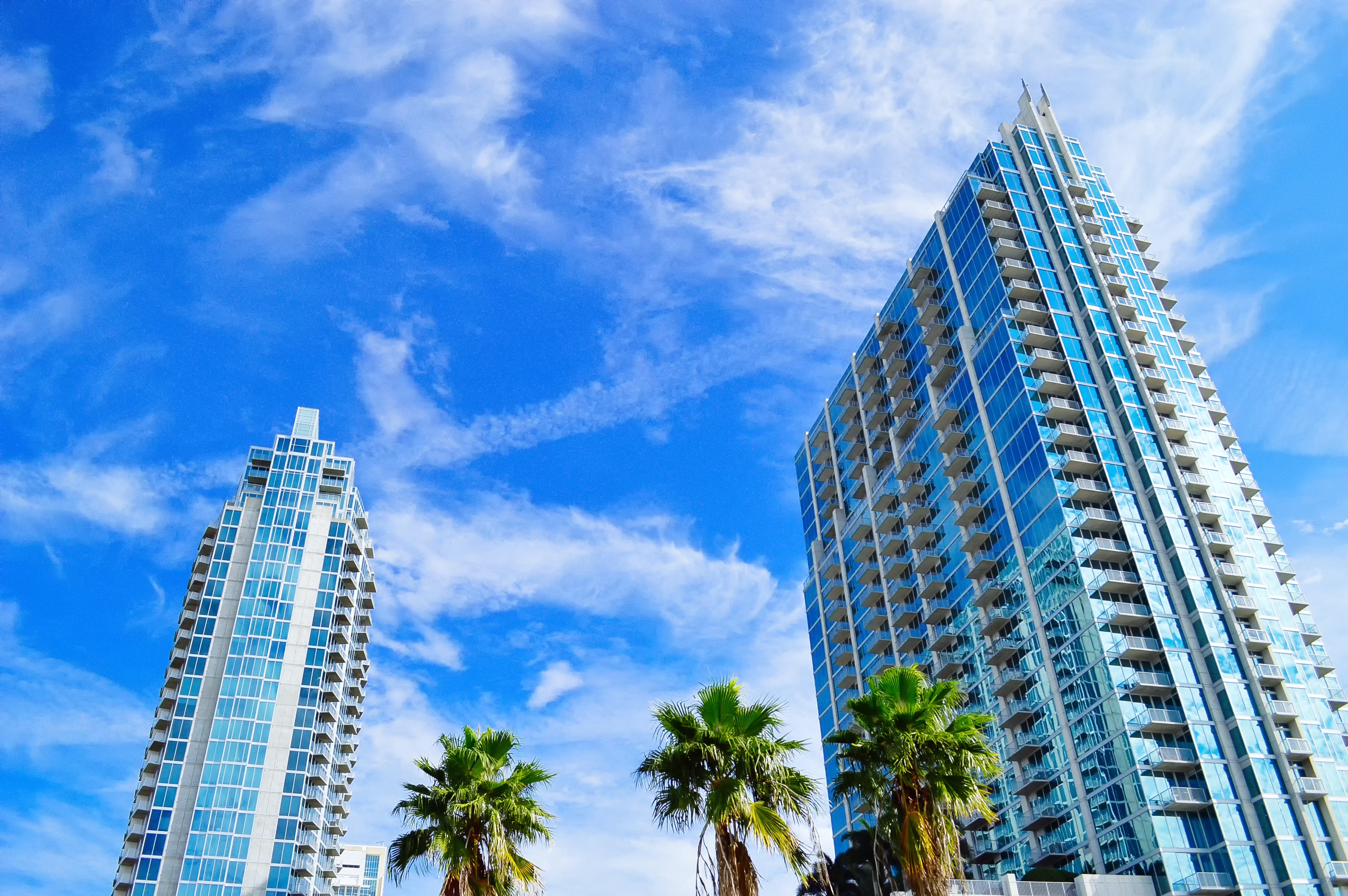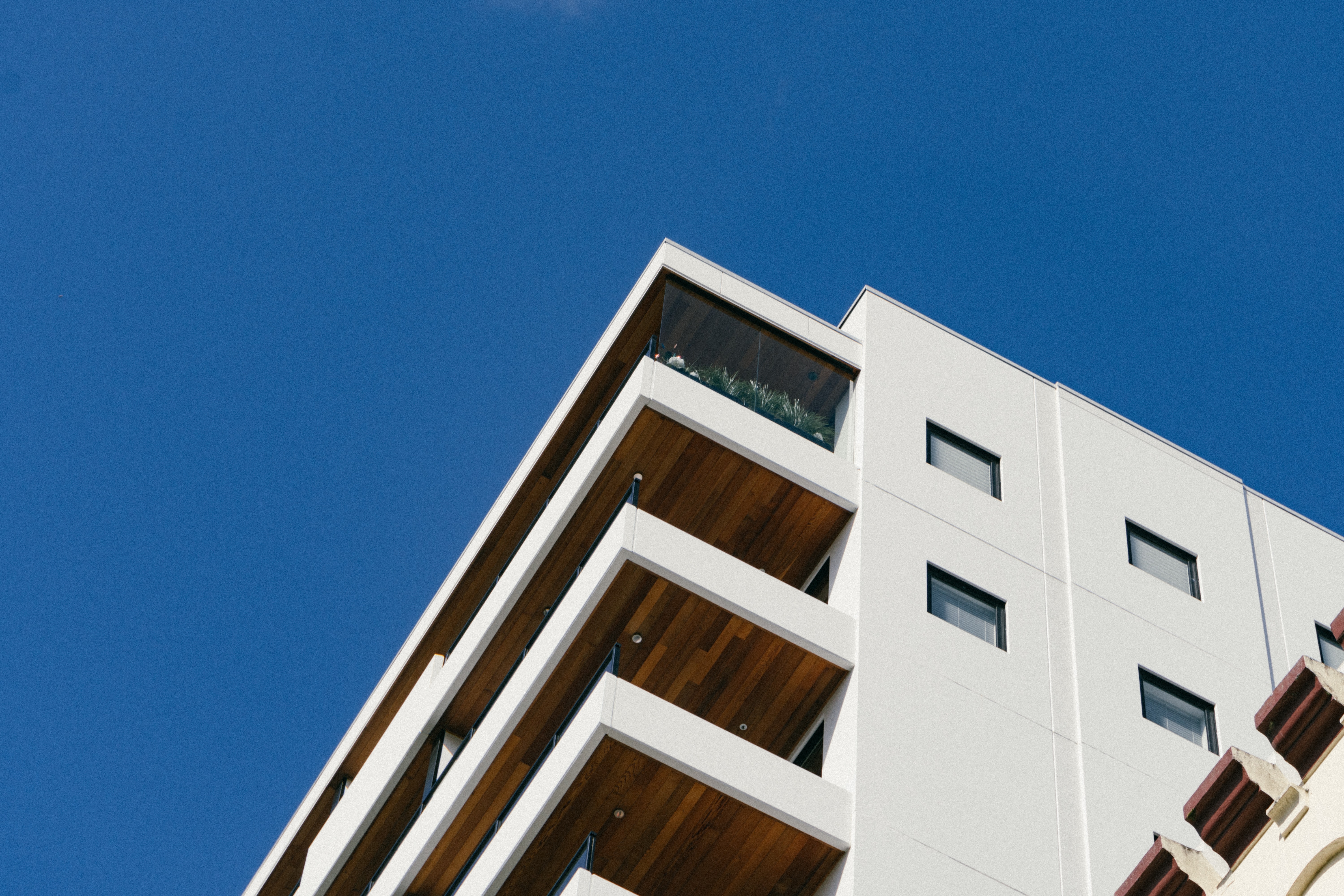5 things to know before renting an apartment


5 things to know before renting an apartment
10 second overview: There’s nothing more exciting than renting a new apartment – a change of location and moving to a new area, perhaps to start a new job, or move in with a partner. But before you start looking through decorating websites and planning what you need to buy to move into your future home, what are the things you need to know?
Start by making a wish list for a new apartment. Before you start looking for a new place to rent, write down a list of what you’re after to help make your search easier.
Preparation will help you find the perfect apartment for you!
Top of the list should be working out your budget. How much rent can you afford to pay each month? You don’t want to end up spending more than you can afford, as you’ll only get behind on rent payments and you could get in legal trouble or be evicted.
Aim to pay 30% of your gross monthly income and don’t forget to calculate the cost of essentials such as household bills and renter’s insurance coverage.
Did you know renting in Alabama is cheaper than anywhere else in the US, as a rough guide to how much that might be, you’d need to earn $39,920 a year gross income, which works out at $3,326 a month gross, to afford the average cost of rent in Alabama which is $998 per month.
As well as rent each month, you’ll have other expenses like the application fee and deposit. Every month you’ll probably have to pay for bills like cable, electricity, internet and water, sewer, and trash. Sometimes landlords pay these for you, and it’s included in the rent, but they charge slightly more rent each month. If you have aircon and you pay the electricity bill yourself, be prepared for it to be much higher in summer.

Have a good think about any amenities which you would like to have such as secure parking, a gym, a pool, or a laundry room. Do you want the apartment to be serviced and managed? Would you prefer a concierge? Do you want an older building or a newer one? Newer places often have more recent plumbing and electricals and sometimes more updated interiors than older buildings. They may have better amenities too, such as a communal gym and pool.
The bigger the apartment, the more you’ll pay, so have a think about how many bedrooms and bathrooms you’ll need and whether you want a loft or a place that’s extra luxurious. If you’re happy with somewhere basic that’s great to know too, all of this will help you when you start searching.
There’s no point in renting somewhere cheap if you wind up paying a lot of money to commute further to work each day. Work out the maximum distance you’re willing to travel for work or school each day, and consider if there are grocery stores or bars nearby, if you can order in delivery food, and if there’s places you can go at weekends. Consider things like nightlife and how far you’d have to drive to get home after a night out and always have a think about what kind of neighbors you want to live near.
For example, if you’re looking at an area where a lot of seniors live, and you are young and like to party with your friends until late on Fridays, that could cause friction. Being somewhere remote is often less expensive than a town, but cheaper areas are often less desirable to other people so really consider everything and what it will be like living somewhere before you move in.
If you’re not sure which area you want to live in you could always try renting an AirBnb room in the area you think you might want to move to. Stay there for one or two nights and you’ll get a better idea of what it’s like to live there.

Do you want a lease where you go from month to month, or would you prefer the security of a one-year lease?
These days there’s no real need to go through a rental agent. You can find decent apartments for rent listed online and you can deal directly with the owner. The one thing to consider though is if you do use an agent, they’re there to protect you as well as the owner.
For example, if your landlord doesn’t repair something that breaks, the agent should help to get that fixed for you. An agent will also ensure that everything is legal and above board, but they charge commission so rent will be slightly more than if you go direct.
Once you have found a few different places, go and view all of them in person. Take a friend for a second opinion. A good tip is to come back later in the day without the owner or agent there so you can get a feel for the type of people who live in that neighborhood. You can ask a couple of people who are your age if they like living there and if there’s any drawbacks.
If you view the apartment on a weekend and you see there’s a school right outside, then come back on a weekday to check out the noise levels, or if you visit in the day, and there’s a bar that’s open until late downstairs, you might want to reconsider renting there if you always like to go to bed early.
In many states rental insurance is a legal requirement. To know how much you’ll pay each month before you commit to renting a place simply use an online calculation tool like the one SmartCitti Insurance provides. Tap in the address and you’ll get an exact quote. You can also get an idea of the different types of benefits you’ll be entitled to and get an auto insurance quote too if you need one.
When you find an apartment that is perfect for you, you’ll need to submit an apartment rental application to the landlord. Making enough money to afford the apartment and having a solid credit history is the sure-fire way to get yourself approved to rent.
The application will ask you to provide your full name, birth date, social security number, driver’s license number, contact information, plus your recent employment and rental history. The landlord also might ask you to list personal references on your application or give the contact details or a previous landlord. If you have pets, they may want recent vaccination records and they’ll want recent proof of income such as bank statements.
The landlord will check your income, run a credit check, and even criminal records for every applicant. If a parent is co-signing, they’ll run these checks on your parent, or if you’re moving in with a friend or partner, they’ll run checks on them as well as you.
Renters are often required to pay a non-refundable application fee, so feel free to ask your future landlord if they have a minimum required credit score and if they have a specific income requirement so you won’t waste your money if you’re only going to get turned down. In many places the landlord will require your gross monthly income to be roughly 2.5 times the cost of the monthly rent.
It is worth being upfront with the landlord before you hand over that rental application and pay the fee. So, let them know if you have a big dog, or other pets that may not be allowed and this is also the time to mention if you have a criminal record or an eviction on your record.
Once you have looked over your rental agreement and made sure you have fully understood it all you’ll be ready to sign it, get the keys and move in!
Costs will include: The rental application fee, the rental deposit, and perhaps the cost of the movers or hiring a truck to move if you can’t persuade friends and family to help with the move. Landlords will expect the first months’ rent upfront, and they sometimes ask for the last months’ rent upfront also.
You may be asked to pay extra for a parking spot or storage units – always check the small print on your lease first.
If you enjoyed this why not read about the 9 key things to think about before insuring your home